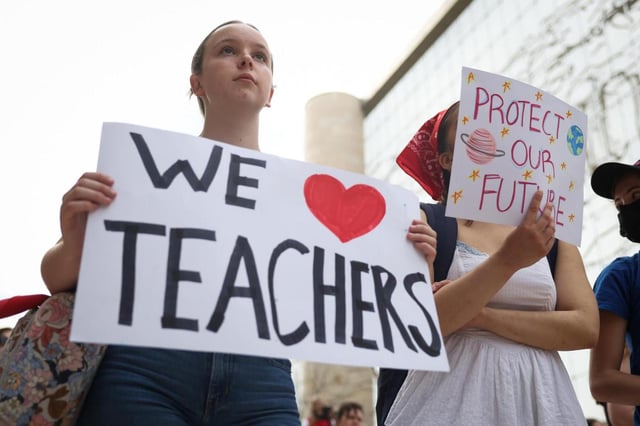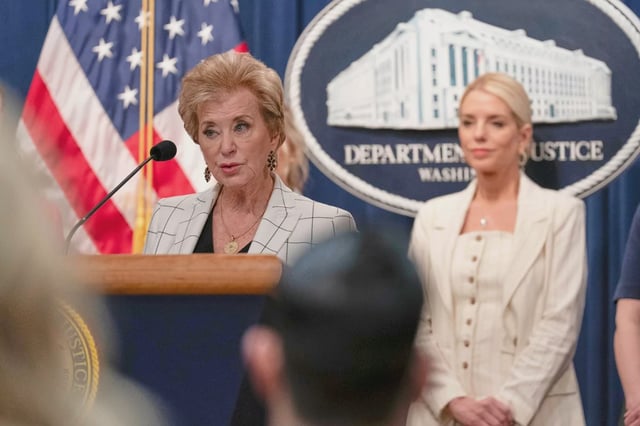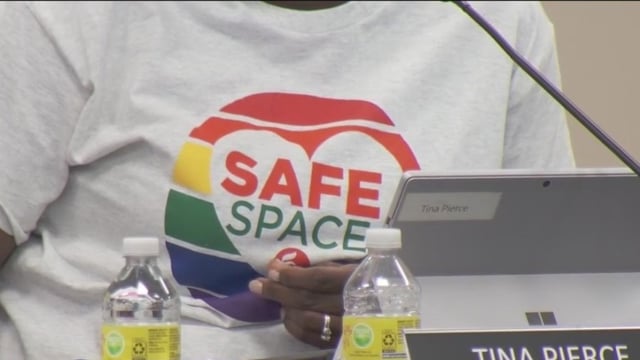Overview
- The Department of Education’s April 3 directive required K-12 schools to certify compliance with Title VI and the 2023 Supreme Court decision on affirmative action, targeting undefined 'illegal DEI practices.'
- Enforcement of the April 24 certification deadline has been delayed after lawsuits from the National Education Association, ACLU, NAACP, and Legal Defense Fund challenged the directive’s legal basis.
- Sixteen states and Puerto Rico have agreed to comply, while 16 states, including New York and California, have refused, citing the directive's ambiguity and lack of legal clarity.
- The abrupt rescission of pandemic-era federal aid in March has compounded financial uncertainty for schools, particularly in high-need districts like Mississippi, which warned of losing over $137 million in critical funds.
- Many districts, including those in central Ohio, have signed the certification to protect federal funding, while expressing confusion over what constitutes 'illegal DEI practices.'



